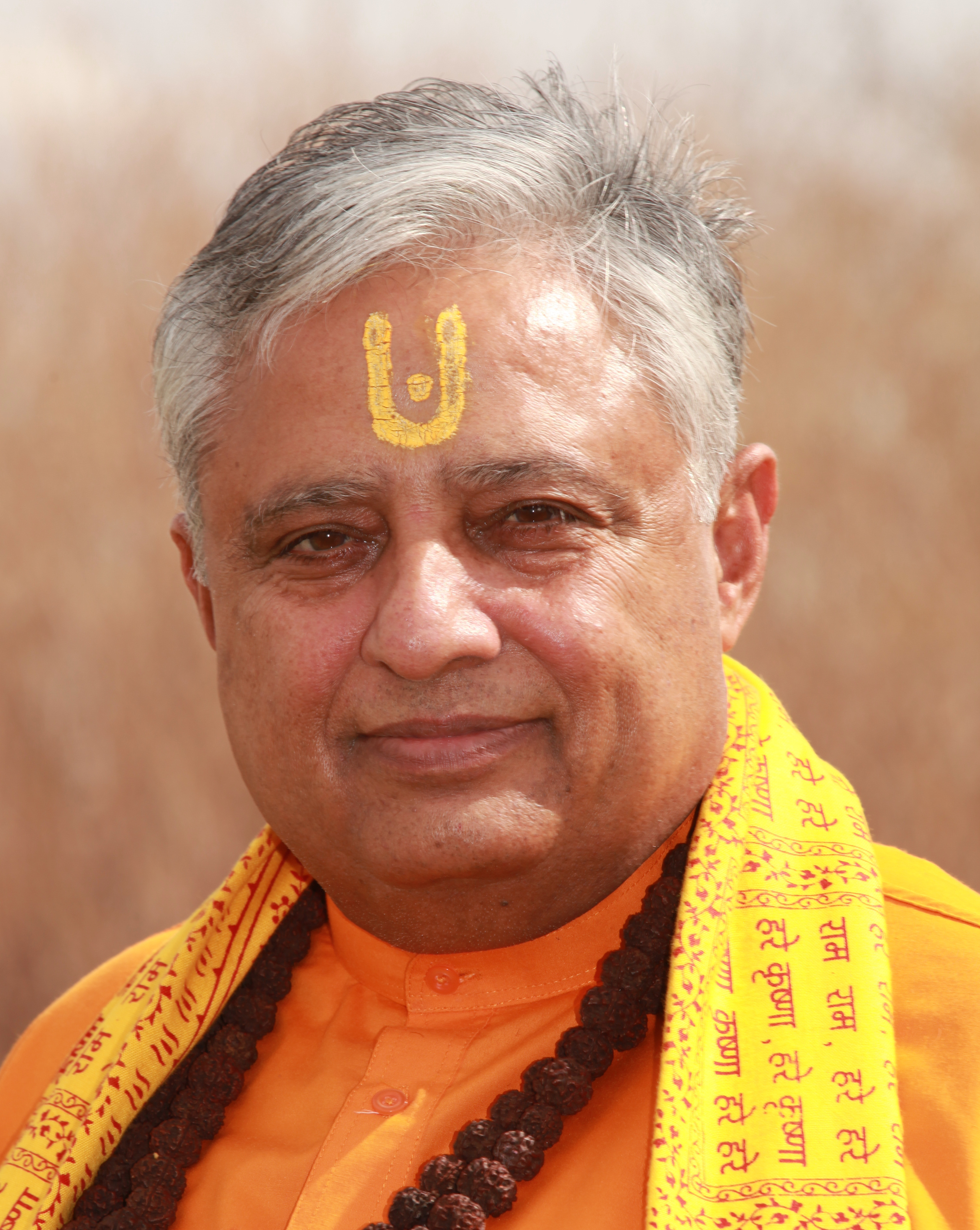 Six percent of Americans say the world’s largest religious group is currently Hindus, according to a demographic study “The Changing Global Religious Landscape” posted by fact tank Pew Research Center on April five.
Six percent of Americans say the world’s largest religious group is currently Hindus, according to a demographic study “The Changing Global Religious Landscape” posted by fact tank Pew Research Center on April five.
Projected population of Hindus will grow from about 1.1 billion in 2015 to nearly 1.4 billion in 2060, with 2015-2060 growth of population estimated at 27 percent (293,790,000). In 2015, Hindus, with 15.1 percent of the world population, were behind Christians, Muslims and Unaffiliated, study indicates.
Muslims and Hindus had the youngest religious populations; with median age of Hindus in the world at 27 years in 2015. Fertility rate of Hindus in the world is 2.3 children per woman. Hindus increased by 67 million between 2010-2015, with estimated percent of share of all births at 16 percent and of all deaths at 14.5 percent during this period. In 2010-2015, Hindu births exceeded deaths by 10,000+ in 22 countries, while Hindu deaths exceeded births by 10,000+ in only one country, study notes.
According to this study, by 2060, the count of Muslims (3.0 billion, or 31% of the population) will near the Christian count (3.1 billion, or 32%); while Jews will grow to 16.4 million at 15 percent growth rate and Buddhists will drop from nearly 500 million to 462 million in 2060. By 2100, Muslims are expected to make up 34.9% of the world’s population and Christians to make up 33.8%.
All other religions combined—Baha’is, Jains, Sikhs, Taoists and many smaller faiths— are projected to decrease slightly in number. Global unaffiliated population is projected to decline in the decades ahead, even after factoring in expected gains via religious switching. Jews constituted 0.20% of the world’s population in 2015 and are projected to constitute 0.17% in 2060, study points out.
Meanwhile, distinguished Hindu statesman Rajan Zed, in a statement in Nevada today, commending the Hindu community for their contributions to the society and the nation where they live; urged them to continue with the traditional values of hard work, higher morals, stress on education, sanctity of marriage, etc.; amidst so many distractions.
Rajan Zed, who is President of Universal Society of Hinduism, advised Hindus to focus on inner search, stay pure, explore the vast wisdom of scriptures, make spirituality more attractive to youth and children, stay away from the greed, and always keep God in the life.
This report was produced by Pew Research Center as part of the Pew-Templeton Global Religious Futures project, which analyzes religious change and its impact on societies around the world. Primary Researchers were Conrad Hackett of Pew Research Center and Marcin Stonawski of University of Oslo.
Moksh (liberation) is the ultimate goal of Hinduism, which is the oldest religion of the world.
Pew Research Center is a nonpartisan fact tank headquartered in Washington DC. Michael Dimock and Michael Delli Carpini are its President and Governing Board Chairman respectively.
Source: World Hindu News (WHN)





